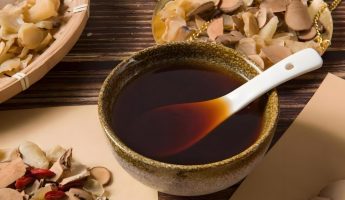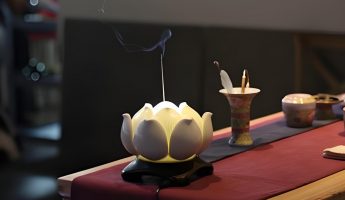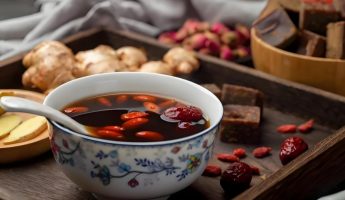The folk saying “Yin deficiency makes the pillow damp, Yang deficiency makes it not warm” actually contains a profound connection between traditional Chinese medicine constitution and health.
Interpretation from the Perspective of Traditional Chinese Medicine
‘Yin deficiency pillow dampness’ describes the phenomenon of night sweats that individuals with Yin deficiency constitution are prone to. Sweat seeps into the pillow, reflecting a lack of Yin fluid and insufficient nourishment in their body. People with yin deficiency often have symptoms such as restlessness, insomnia, frequent dreaming, weight loss, and dry mouth and throat. Night sweats are a specific manifestation of yin deficiency pathology. The ancient book “Yi Lue Liu Shu” states: “Night sweats are a symptom of yin deficiency, where the excess of yang causes the evaporation of yin fluids, leading to the leakage of body fluids.” It clearly points out that the cause of night sweats is due to insufficient yin and body fluids, and relatively excessive yang qi.
The phenomenon of ‘yang deficiency without warmth’ reveals that individuals with yang deficiency constitution have difficulty warming their beds due to insufficient yang qi. People with yang deficiency are often afraid of cold, have warm hands and feet, loose stools, pale lips and mouth color, and weak pulse. These symptoms all indicate a decline in body function and slow metabolism. The Yellow Emperor’s Inner Canon records: “If there is a deficiency of yang, the exterior will be cold, and the yang qi cannot warm the skin, so it feels cold.” It explains the mechanism by which yang deficiency leads to fear of cold, and “not being warm” is a vivid portrayal of this phenomenon.
Improvement strategy
For those with a Yin deficiency constitution and a damp pillow:
You can follow the doctor’s advice and use Danggui Liuhuang Tang for conditioning. This formula combines the functions of nourishing yin, purging fire, stabilizing the surface, and stopping sweating. In terms of diet, it is advisable to choose sweet and cold products such as duck meat, sea cucumber, dairy products, etc., to nourish yin and clear heat; Avoid hot dry foods such as lamb and beef. At the same time, consuming more fruits and vegetables such as pears, lotus roots, lilies, etc. can also help nourish Yin fluids. In daily life, it is recommended to go to bed early and wake up early, drink moderate amounts of water, avoid cold drinks, and drink substitute tea drinks such as Ophiopogon japonicus and chrysanthemum that nourish yin and moisten dryness.
For individuals with yang deficiency constitution who are not warm:
Recommend taking Yougui Pill to warm and tonify kidney yang, fill essence and nourish marrow. Diet should be warm, such as beef, lamb, chives, etc., which can help improve the body’s yang energy. In daily life, pay attention to keeping warm, avoid blowing cold air directly, and strengthen physical exercise such as walking, jogging, etc. to enhance physical fitness and cultivate yang energy. At the same time, regular massage of acupoints such as Mingmen, Shenshu, Guanyuan, and Zusanli can also help improve symptoms of yang deficiency.
In addition, it is worth noting that some diseases, such as tumor, diabetes, tuberculosis, hyperthyroidism, menopausal syndrome, are often accompanied by night sweats due to yin deficiency; However, insufficient adrenal cortex function and hypothyroidism may lead to Yang deficiency and chills. Therefore, when relevant symptoms appear, timely medical attention should be sought to clarify the cause and receive professional treatment.



